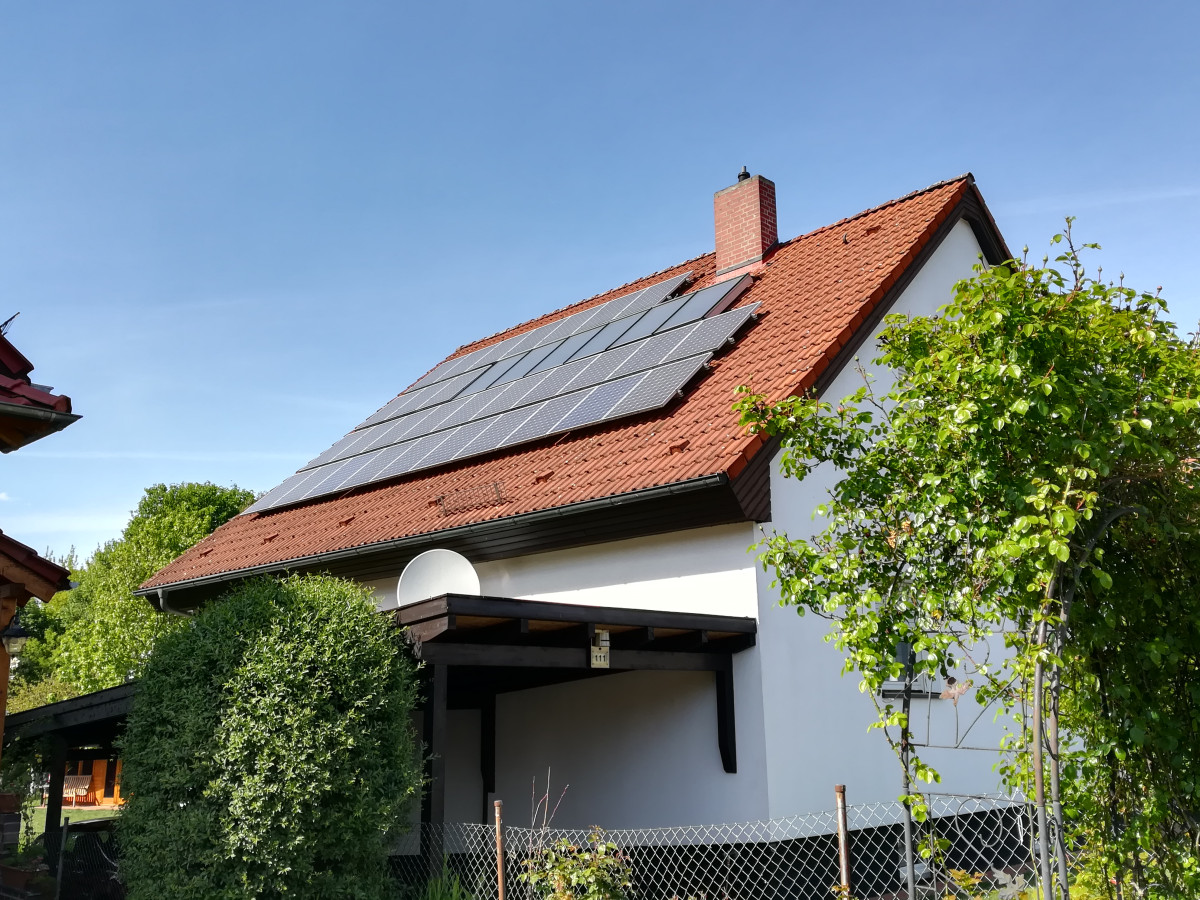Preview 2024: Germany must incentivise flexible electricity consumption – consultancy
This interview is part of a series to preview the German and European energy and climate policy in 2024. Further interviews will be published in the coming weeks.
Clean Energy Wire: The German Constitutional Court’s debt brake ruling threatens many of the carefully crafted compromises the government achieved in climate and energy policy over the past year. Where do you fear the budget reshuffling could hit climate and transformation spending, and why?

Nicolas Leicht: While a solution to the budget crisis was announced on 13 December, the aftermath will remain painful, also for climate and energy policy. Starting from an industrial policy perspective, it seems that the reconstruction of the local solar industry will take a hit. Dependence on global supply chains and exposure to geopolitics will thus remain risks – and that considering strong reliance on solar buildout for decarbonisation. Speaking of decarbonisation: An early coal exit by 2030, crucial to bring down emissions in the power sector, is put to risk if further delays to the power plant strategy (Kraftwerksstrategie) occur. This is the government’s effort to incentivise newbuild gas and hydrogen power plants, and was another endeavour that was put on hold during the crisis. While the government’s proposal of three different tender schemes is far from perfect, it is a necessary start: a solution needs to be found soon, as planning and development times for new large gas assets are estimated at 4-6 years, leaving little wiggle room for further delays, also from a security of supply perspective.
The political year 2024 in Europe will be dominated by the European Parliament elections in June. Which climate and energy topics do you think should be made a priority before the election – and which ones will await the newly elected Parliament and Commission further down the road?
A topic that has been prioritised is the EU power market reform. An agreement has been found just in time, not to be overshadowed by the run-up to the election. Some of the immediate reactions to the energy crisis on the EU level, like the price caps, have already created significant regulatory uncertainty, and an end to the reform debate is positive news. Now, policymakers in the member states need to urgently translate the union-level agreement into domestic law, and flesh out implications for the national power sectors. After the election, a key challenge for the new MEPs is to set the boundary conditions for renewables to be deployed at even higher speed. To meet the Fit-for-55 targets, the annual rate of installing solar and wind still needs to increase by one-third from the 60 GW that came online in 2022.
Which other topics and events in Germany and beyond do you generally think will – or should – shape the debate next year around the power market, and why?
The renewable-driven supply side of the power market is becoming more volatile, and the demand side cannot stick to business as usual. For consumers to become more flexible, regulation needs to present the right incentives, and adequate infrastructure is required. In Germany, section 2 of paragraph 19 of the Electricity Grid Charges Ordinance (StromNEV §19 (2)) offers generous reductions in grid fees for energy-intensive consumers that run baseload – a paragraph that clearly does not embrace the transition of the power sector. Also, Germany must finally take the smart meter rollout seriously, invest in its distribution grid, and set efficient locational price signals incentivising consumers to react. Only then can it leverage large flexibility potentials stemming from private households with increasing take-up of electric vehicles and heat pumps.


